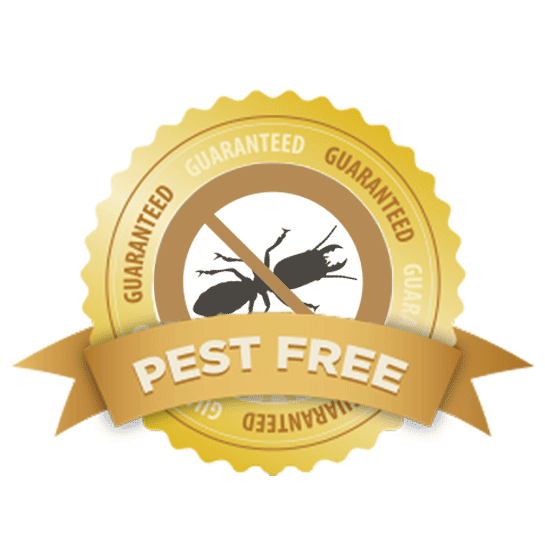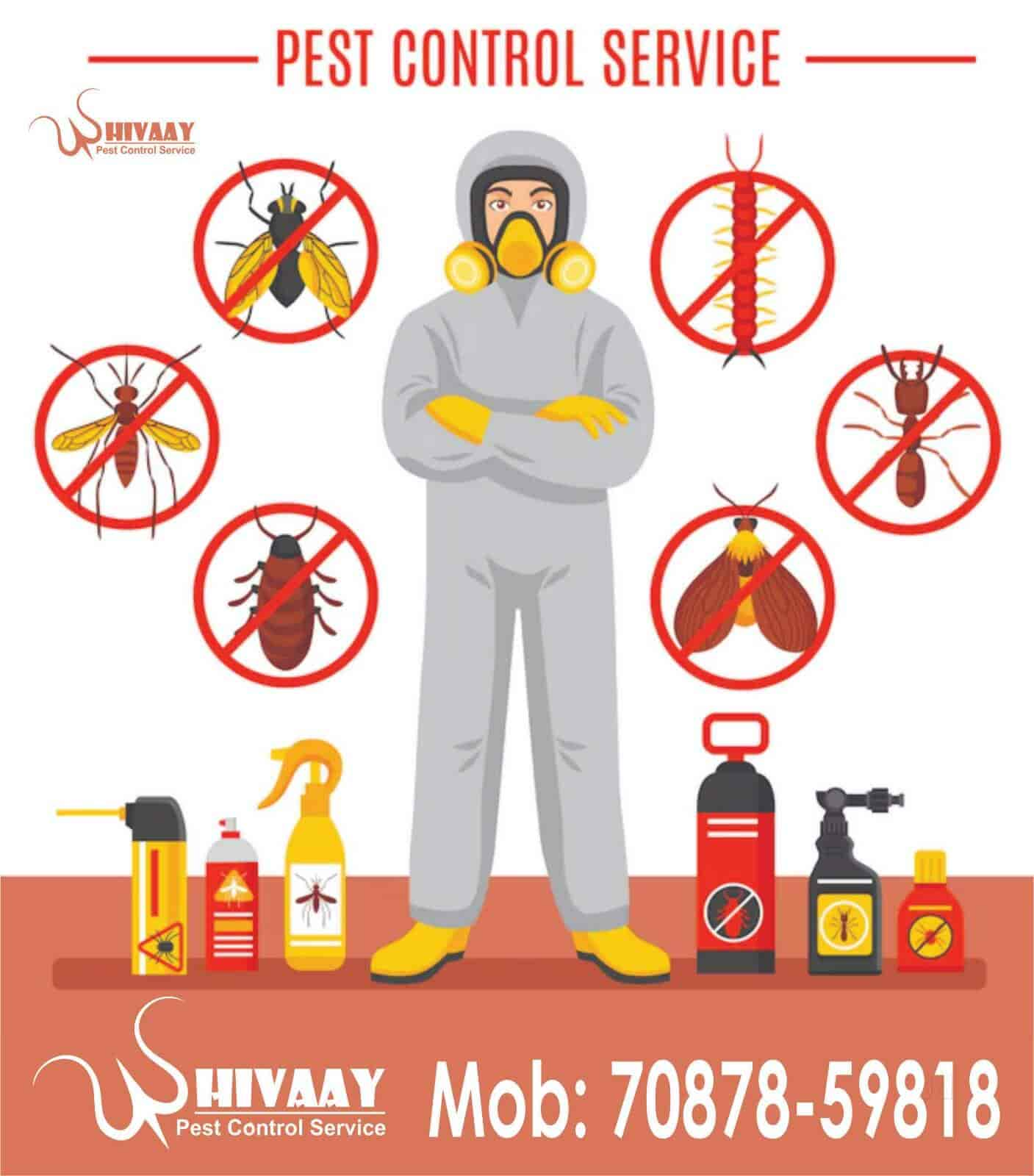Safe and Reputable Parasite Control for Lasting Protection
Effective insect administration needs a diverse approach that balances eco-friendly integrity with the requirement for efficient insect suppression. The nuances of these methods might not be immediately clear, motivating a better exam of the practices that can lead to sustainable bug control results.
Comprehending Pest Control Approaches
Insect control includes a variety of techniques targeted at managing and eliminating undesirable pests and rats that can threaten both wellness and residential property. Understanding these methods is crucial for reliable parasite management.
The main classifications of parasite control approaches include mechanical, organic, and chemical approaches. Mechanical methods involve physical obstacles and traps to avoid pest access and capture unwanted species. Using screens on home windows or using sticky traps can dramatically minimize insect populations without introducing damaging materials - exterminator coquitlam.

Chemical pest control is commonly the most acknowledged method, utilizing pesticides to get rid of pests. These chemicals can be efficient but must be utilized with care to avoid damaging effects on non-target varieties and the atmosphere.
Benefits of Eco-Friendly Solutions
How can environmentally friendly remedies change parasite control methods? The fostering of green bug control approaches provides various advantages, dramatically improving the efficiency and safety and security of bug management.
One more benefit is the positive effect on neighborhood biodiversity. Environmentally friendly solutions are created to target details bugs while preserving advantageous pests and wild animals, advertising a balanced ecosystem. This technique straightens with the growing consumer demand for lasting methods, enhancing the track record of insect control suppliers.
Integrated Insect Management Strategies
The application of eco-friendly services naturally results in the adoption of Integrated Bug Administration (IPM) methods, which additionally improve insect control efficacy. IPM is a holistic strategy that incorporates several strategies to manage parasite populaces while lessening environmental impact. This strategy emphasizes the usage of organic, cultural, mechanical, and chemical controls, guaranteeing a lasting and balanced approach of pest management.
One fundamental aspect of IPM is the thorough assessment of bug task and ecological problems. By keeping track of parasite populaces and identifying their life cycles, specialists can apply targeted interventions that interfere with the insect's environment or lifecycle, decreasing dependence on chemical pesticides. In addition, social techniques such as plant rotation and habitat adjustment can significantly decrease pest establishment and reproduction.
Another vital element is the usage of biological control agents, such as helpful pests or microbes, which can normally suppress bug populations. When chemical applications are needed, IPM prioritizes using low-risk chemicals and applies them precisely, minimizing exposure to non-target microorganisms and humans.
Integrating IPM strategies not only boosts pest control efficiency yet additionally promotes a much safer ecological community, aligning with the expanding demand for sustainable methods in pest administration.
Safe Practices for Home Owners
Understanding the relevance of safe methods in insect control can empower house owners to effectively take care of parasite issues while protecting their health and wellness and the atmosphere. Applying precautionary procedures and safe techniques is critical in minimizing exposure to harmful chemicals.
Property owners ought to first assess their environment for conditions that attract parasites, such as standing clutter, water, and food waste. Routinely cleaning and securing entrance factors can prevent insects from invading the home. Making use of all-natural deterrents, such as site web vital oils or diatomaceous earth, can provide reliable alternatives to chemical pesticides.
When chemical therapies are essential, home owners must go with products that are specifically classified as risk-free for domestic use. It is necessary to follow application guidelines meticulously to stay clear of overexposure. Using targeted treatments in areas where pests are determined, rather than blanket spraying, can significantly decrease chemical use.
Finally, keeping open interaction with parasite control professionals is crucial. Home owners need to ask about the safety of products used and request environment-friendly alternatives whenever feasible. By embracing these secure methods, property owners tick extermination can create a healthier living environment while efficiently managing parasite issues.

Tips for Long-Term Protection
Establishing a pest administration approach that emphasizes long-term protection can greatly enhance the effectiveness of the secure techniques previously reviewed. To attain this, property owners need to execute regular evaluations of their residential property, concentrating on concealed locations such as attic rooms, cellars, and crawl areas. Early discovery of insect activity is important in stopping infestations from holding.
Additionally, preserving a tidy atmosphere is vital. This includes correct food storage space, without delay cleaning up spills, and regularly taking care of waste. These techniques minimize attractants that draw pests right into the home. In addition, securing entry points, such as splits around home windows and doors, can efficiently block possible bug accessibility.
Landscape design should likewise be taken into consideration; maintaining plants trimmed and preserving a distance in between plant life and the home decreases concealing spots for parasites. Using all-natural deterrents, such as necessary oils or diatomaceous earth, can better dissuade infestations without considering harsh chemicals.
Last but not least, teaming up with a professional insect control service for routine analyses can supply an extra layer of security. These professionals can provide customized suggestions and progressed treatments, ensuring that your home stays protected against parasites in the lengthy term.
Conclusion
In final thought, safe and trusted insect control calls for a complex technique that stresses green methods and incorporated insect monitoring. By applying all-natural deterrents, performing routine examinations, and maintaining correct cleanliness, residential property owners can considerably decrease pest populations while securing valuable bugs and the atmosphere. Cooperation with professional insect control services boosts the effectiveness of these approaches, ensuring customized solutions that provide lasting protection and comfort against future infestations.
Effective pest monitoring requires a multifaceted approach that stabilizes eco-friendly stability with the need for efficient insect suppression. The fostering of eco-friendly pest control methods uses numerous advantages, substantially my site boosting the performance and safety and security of insect administration.The application of eco-friendly solutions naturally leads to the fostering of Integrated Pest Management (IPM) techniques, which better boost insect control efficacy. exterminator coquitlam. By monitoring bug populations and recognizing their life cycles, professionals can execute targeted treatments that interrupt the pest's environment or lifecycle, reducing dependence on chemical pesticides.In verdict, trusted and risk-free parasite control needs a multifaceted approach that stresses green approaches and integrated insect monitoring